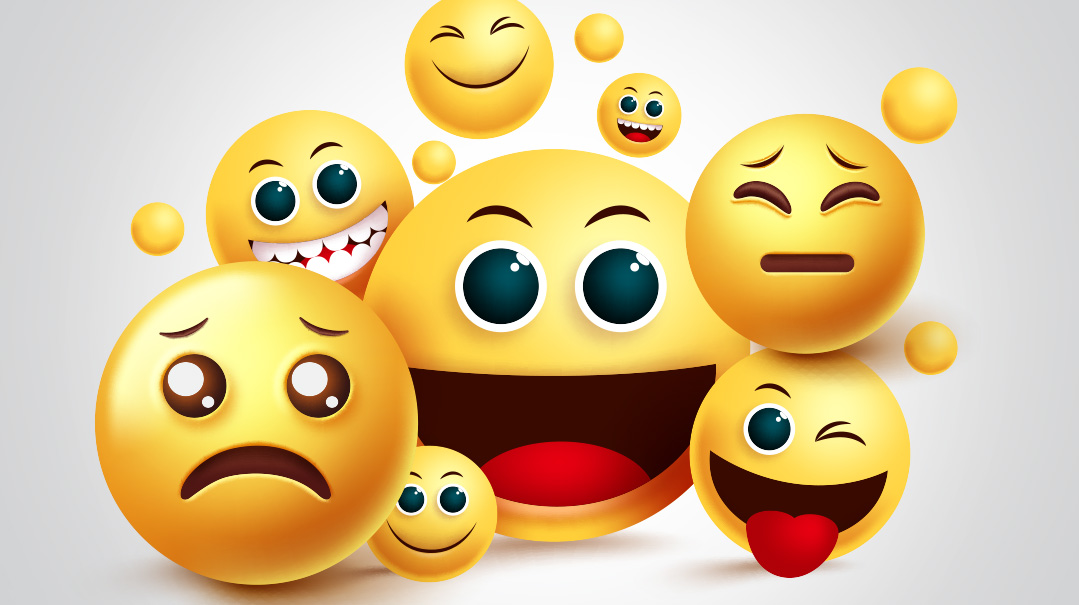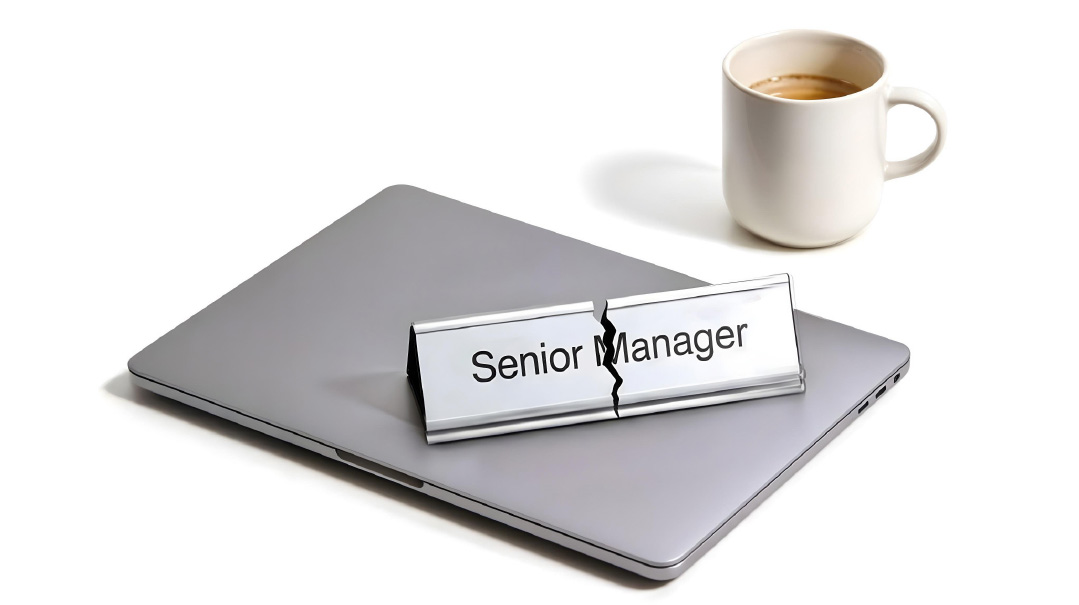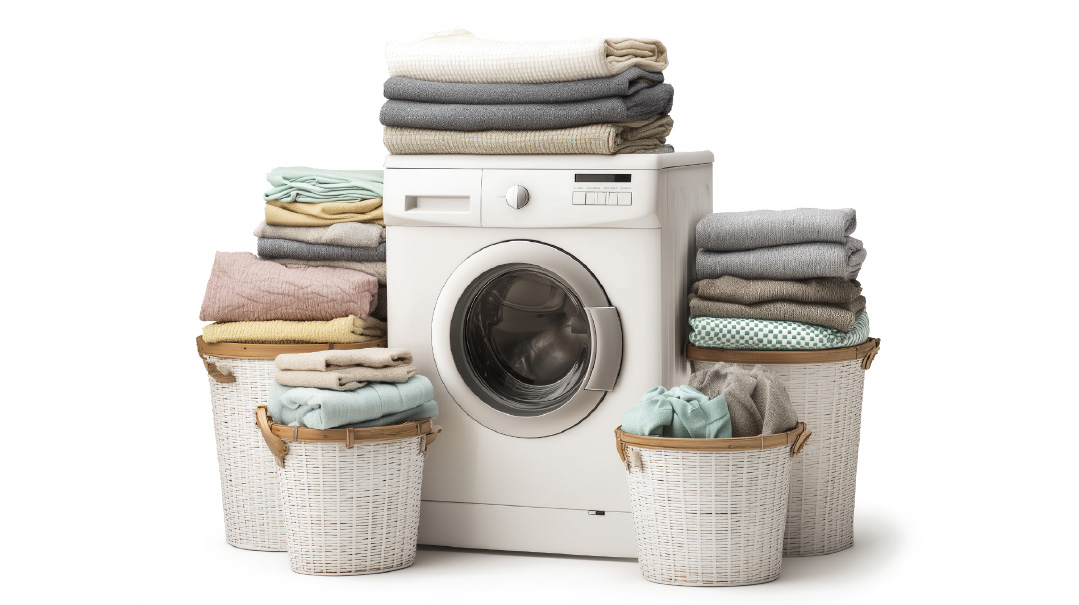It’s Okay Not to Be Okay
| March 15, 2022The message surrounds us: All of life’s doors are open to you if you can push through the pain

Twenty-one days ago, I tested positive for Covid. I’m still not feeling okay.
I should qualify. I’m okay in the sense that I’m alive, and relatively speaking, I’m well. I know that many people died, were on ventilators, lost loved ones, or are dealing with other serious long-term Covid ramifications. So yes, in that sense I’m fine, (more than fine!) and I’m grateful. But zooming back in to my personal experience, no, I can’t say I’m okay yet.
I still don’t feel ready to resume my regular activities. I’m weak, I have a deep cough that won’t go away, and my lungs feel heavy. I tried to start my exercise routine again, which I rely on for my mental health, but I’m unable to.
Events exhaust me. Small talk is labor intensive. Every night after dinner I fight a strong urge to head straight to bed. But I’m supposed to be better already, aren’t I?
I missed a work event during that week at home that mattered a lot to me. I tried to “look at the bright side” and be grateful, but it hurt. I’d been working toward this event every day for months, and it wasn’t something I could make up the following week — or ever.
I’d worn a mask vigilantly and cut down on going to big gatherings right before the event; I’d been that nervous about getting COVID and missing the affair. Hashem knows better, as He always does, but it hurts more than I can articulate.
American culture advocates the notion of “getting over it” quickly and jumping back into the arena. We’re uncomfortable when people aren’t healing, aren’t moving on. We’re bad at accepting people in pain who don’t immediately skip to the silver lining. We like band-aids, ice packs, and painkillers.
We hear constant praise for those who are able to push themselves to the limit. “Wow, she was sick with the flu but she still cooked for 50 people.” “He lost so much in that tragic accident, but within weeks he started that incredible organization.”
We value the strong, not the weak. We don’t tell our kids stories about people who trusted their gut feelings and went to sleep early instead of pushing on because they knew it was what their body needed. The message surrounds us: All of life’s doors are open to you if you can push through the pain.
But the underlying message is: There’s something wrong with you if you can’t.
Last week I gave in to my kids’ begging and went to shul for the first time since being sick. An older woman I adore gave me a warm smile and asked how I was feeling.
“Still not great,” I told her, as I’d answered my coworkers, friends, and sisters-in-law. She put her hand on my shoulder, and said, “Really? I can’t believe that.” I could sense her desire to have me respond with a smile that I feel much better. I nodded, not sure what to say after that. Every time I give this answer I can sense people’s surprise at my honesty.
We aren’t always getting better. Sometimes we get worse before we get better; we have ups and downs. As a psychotherapist, I spend a lot of time working with people on their belief systems about life. Most people believe they’re supposed to be happy or that they’re not supposed to be feeling this much pain or anxiety. Marriage isn’t supposed to be this hard. This doesn’t happen to “normal people.” Why haven’t I gotten over this yet? Why can’t I just move on after tragedy? These are things I hear every day from my brave clients, and so much of the work we do involves reconstructing the belief systems we have. When we can accept the waves of pain as part of life rather than a flaw in the system, then we can withstand the hurt without crumbling.
We also have some emotions that we tell ourselves aren’t okay to feel. Frum women especially struggle with anger. We aren’t taught that it’s okay to feel it, but there’s really no other way to let it go.
I do feel anger in this situation. I’m angry about how I got Covid, I’m angry that the community moved on, and I’m angry that everyone keeps telling me Covid isn’t a big deal anymore when it certainly feels like one to me. I’m aware of how illogical that anger is. But the more I try to suppress it, the more I find myself having angry fights with those people in my head.
Paradoxically, when I tell myself, you’re allowed to feel upset about what happened and what you lost out on, you’ll be able to move past it eventually, I feel the anger lessening each day. With anger we need to be able to let ourselves feel it, move through it, and then let it go. But to just invalidate it from the onset only makes it worse.
I know all this, I teach this, and yet here I am. Sad and disbelieving that I’m not better yet. Yesterday one of my best friends called and asked how I’m doing. I started crying and said, “I should be feeling better, I don’t want to feel like this anymore.”
I’ll be driving the kids to school and I’ll suddenly be transported back to that moment when I realized I was missing this “important-to-me” event, and tears jump to my eyes.
And while I teach the importance of healthy processing daily, my instinctive reaction is still to berate myself. It’s been 3 weeks, you’ve moped enough, it’s time to move on. In my moments of weakness I slip back into the quicksand.
Sometimes I worry, What if I don’t get better? What happens if I get worse before I get better? What if my lungs don’t clear and I’m not able to exert myself for a long time? What happens if I become depressed and feel unable to function for a while? What happens if it’s months or longer before my energy returns to the point where I feel able to attend events?
What I’m really asking is: Can I be okay with a different kind of life than I’d expected if that’s where this challenge leads me? I realize I need to do some deep work with myself to really feel that I’m able to accept wherever Hashem decides to take me with love. This is what’s going to make setbacks in life manageable. The ability to just sit with my weakness and pain is what’s going to ultimately make me strong.
This is bravery and vulnerability at its best. I need to let go. Trust Hashem. And allow myself the time. I don’t need a date by which I’m better. I need to notice when my brain tells me, It should be gone by now, and allow the thought to keep floating by. There is no normal right now. There is only the now that I know.
I will try to accept the setbacks and the days when it feels worse instead of better. I’m going to try to do the things that make me feel like me, and push myself a little, but accept when those efforts exhaust me physically and emotionally. I’m not going to use gratitude as a punishment against my sadness, and I’m going to continue awkwardly answering “not yet” when people ask if I feel better, and not feel bad for disappointing them with my answer.
I’m not okay. I don’t know when I will be. And I’m okay with that. I hope we all can learn to be too.
(Originally featured in Family First, Issue 785)
Oops! We could not locate your form.






